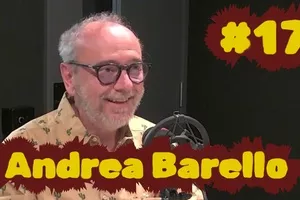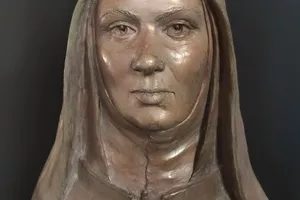Antonio stayed in Italy when his mother and sister migrated to Australia in 1953, two years after his father.
The Australian Department of Immigration had constantly denied Antonio’s entry on the basis he was “deformed, suffering from infectious diseases and mentally retarded”, according to former minister Alexander “Alick” Downer.
In reality, Antonio has a mild congenital malformation in the right cheek which poses no risk of infection, and he is on track academically.
Antonio’s father, Girolamo Pronestì, who is now an Australian citizen, helplessly appealed to Downer on numerous occasions.
The minister also refused a request from John Dynon, president of the Association for the Defence of the Family, who took on the case.
The press covered the “Pronestì case” heavily late last year, following a letter of protest sent by the parish priest of Cittanova (Antonio’s hometown), Francesco Valenti.
The letter accused Downer of “shameful decisions contrary to any human and divine law”.
During that time, our publication documented the corrupt climate that plagued the emigration offices in Messina, where Pronestì was subjected to many medical tests which he failed after his grandmother had to fork out money to a shady figure from the health department.
Subsequently, the Department of Immigration in Canberra ordered an investigation into the Pronestì case, which confirmed our findings.
On February 20, the new Minister for Immigration, Hubert Opperman, granted entry to Australia to Antonio, his grandmother and his aunts.
In a letter to the minister, Dynon wrote: “Your decision has brought immense joy to this family. I’m convinced their hopes are the same as mine: for Antonio to have a chance at a better life, under the guidance of his parents, brother and sister in Australia.”




























